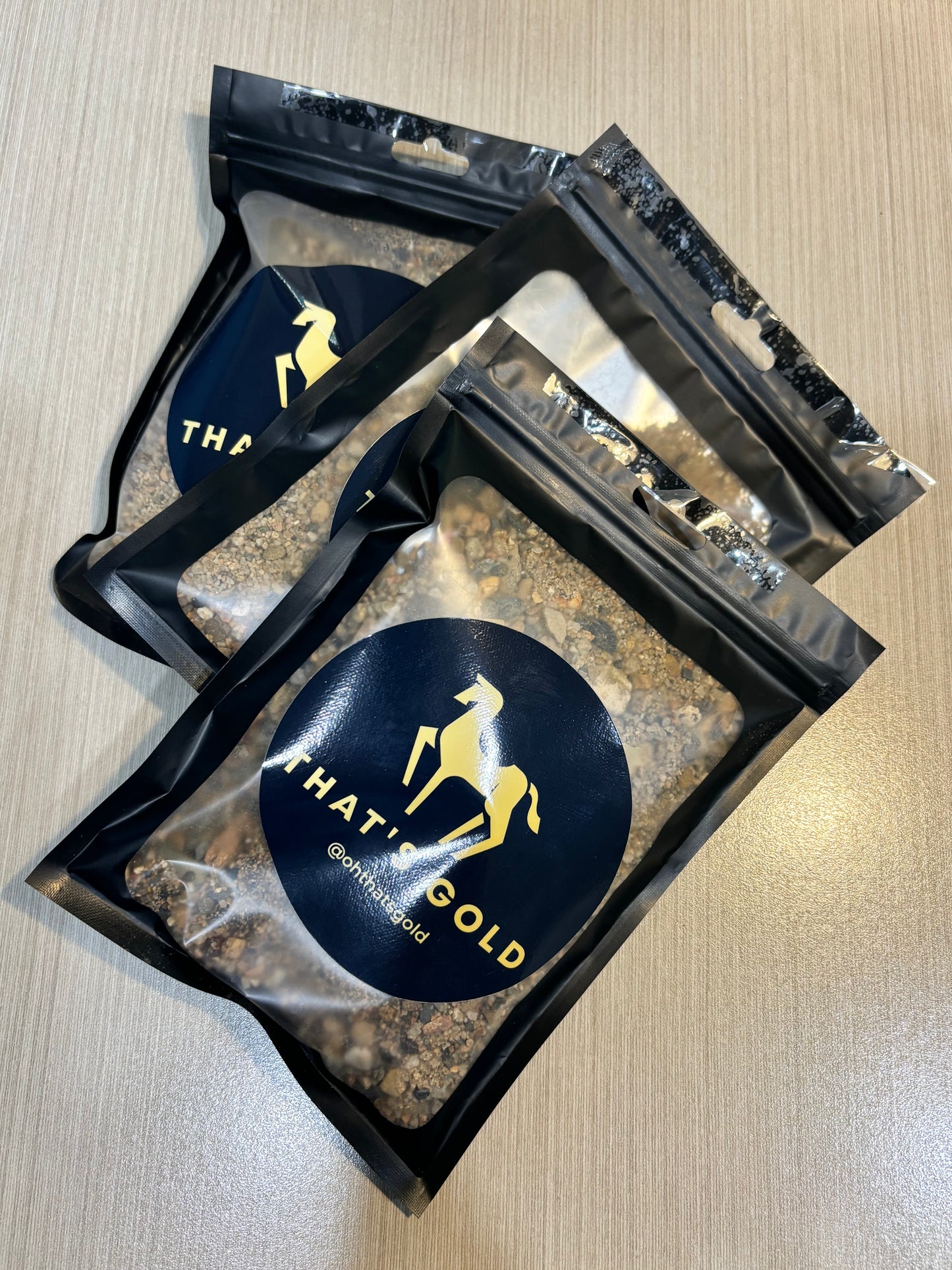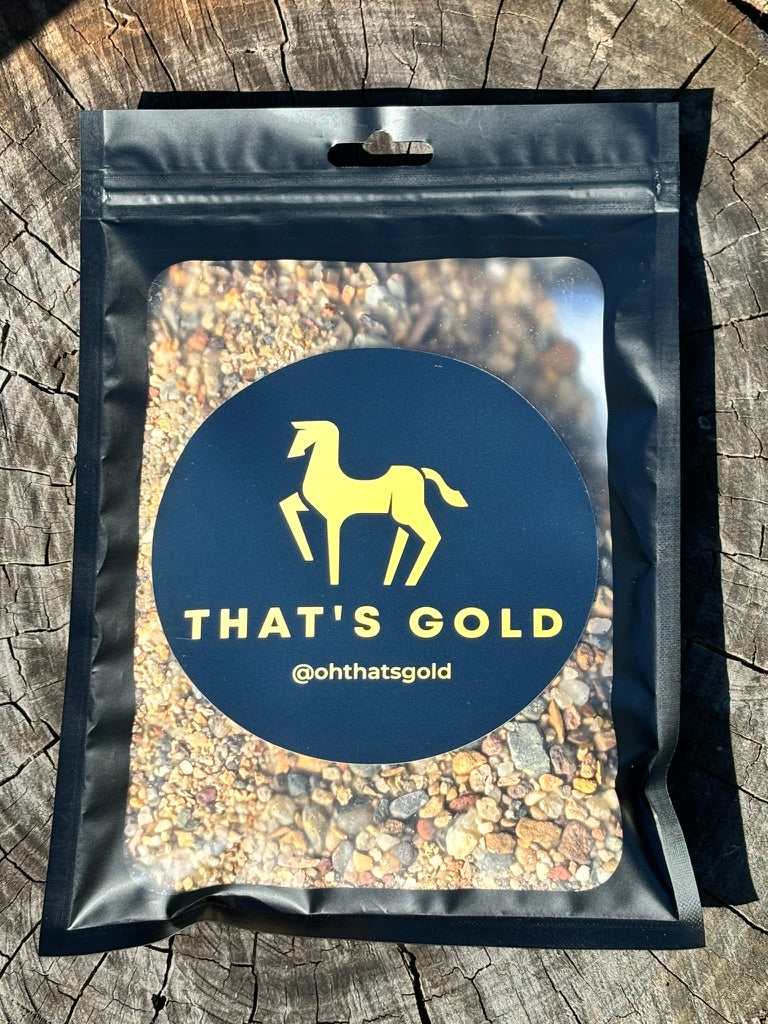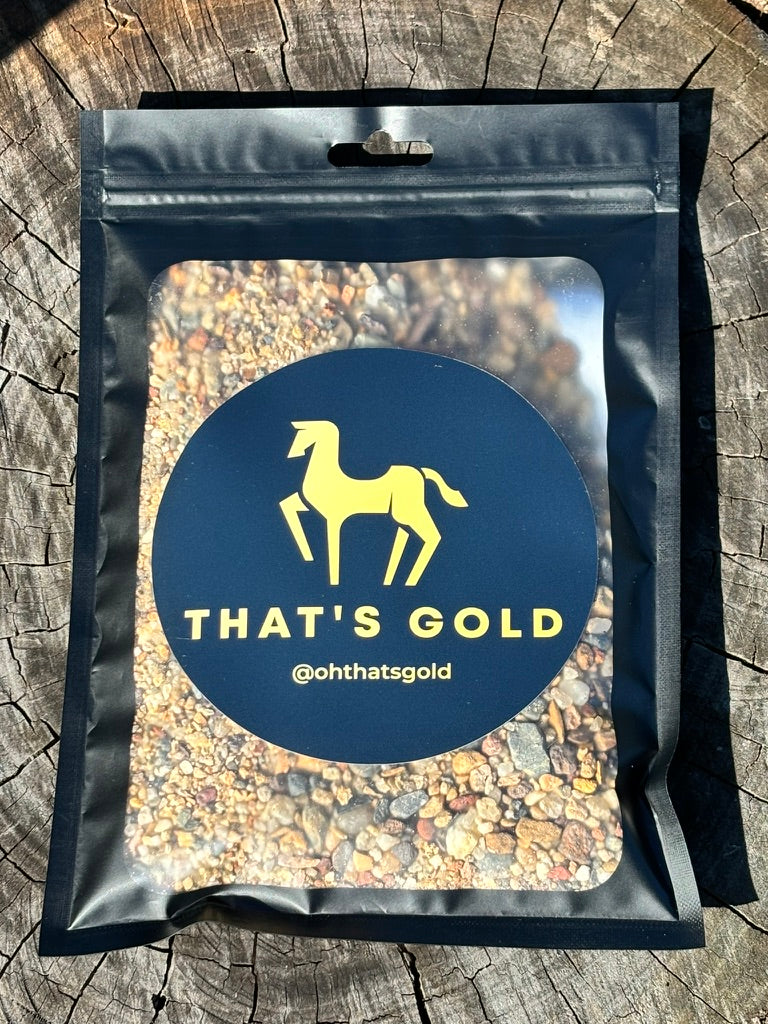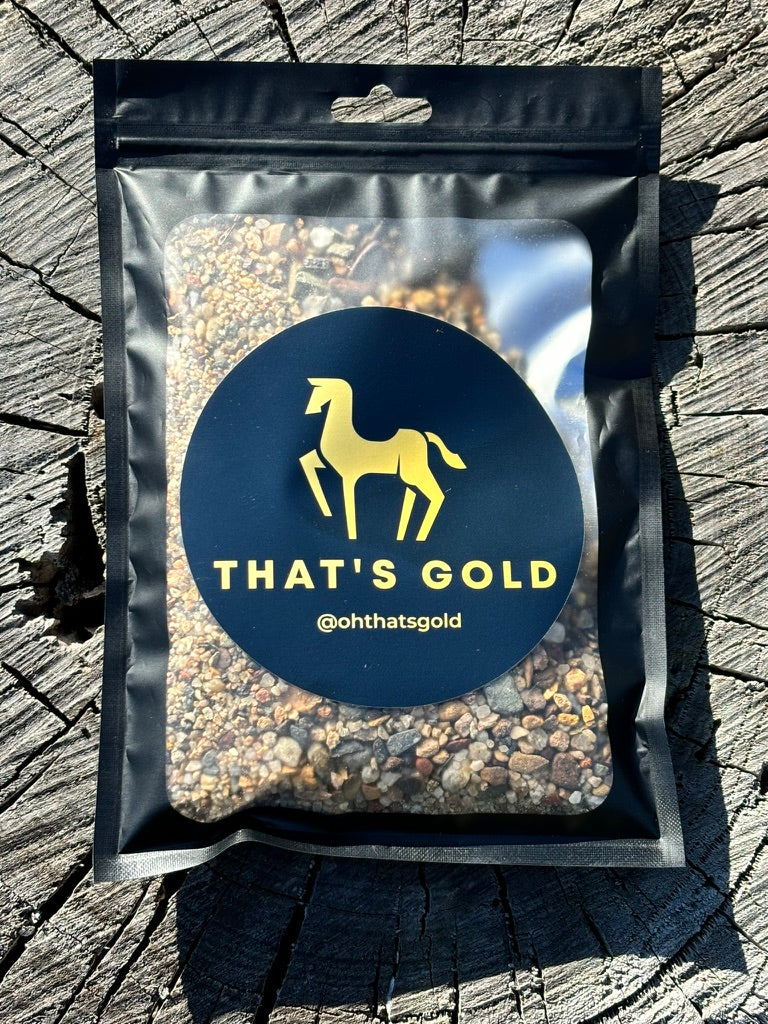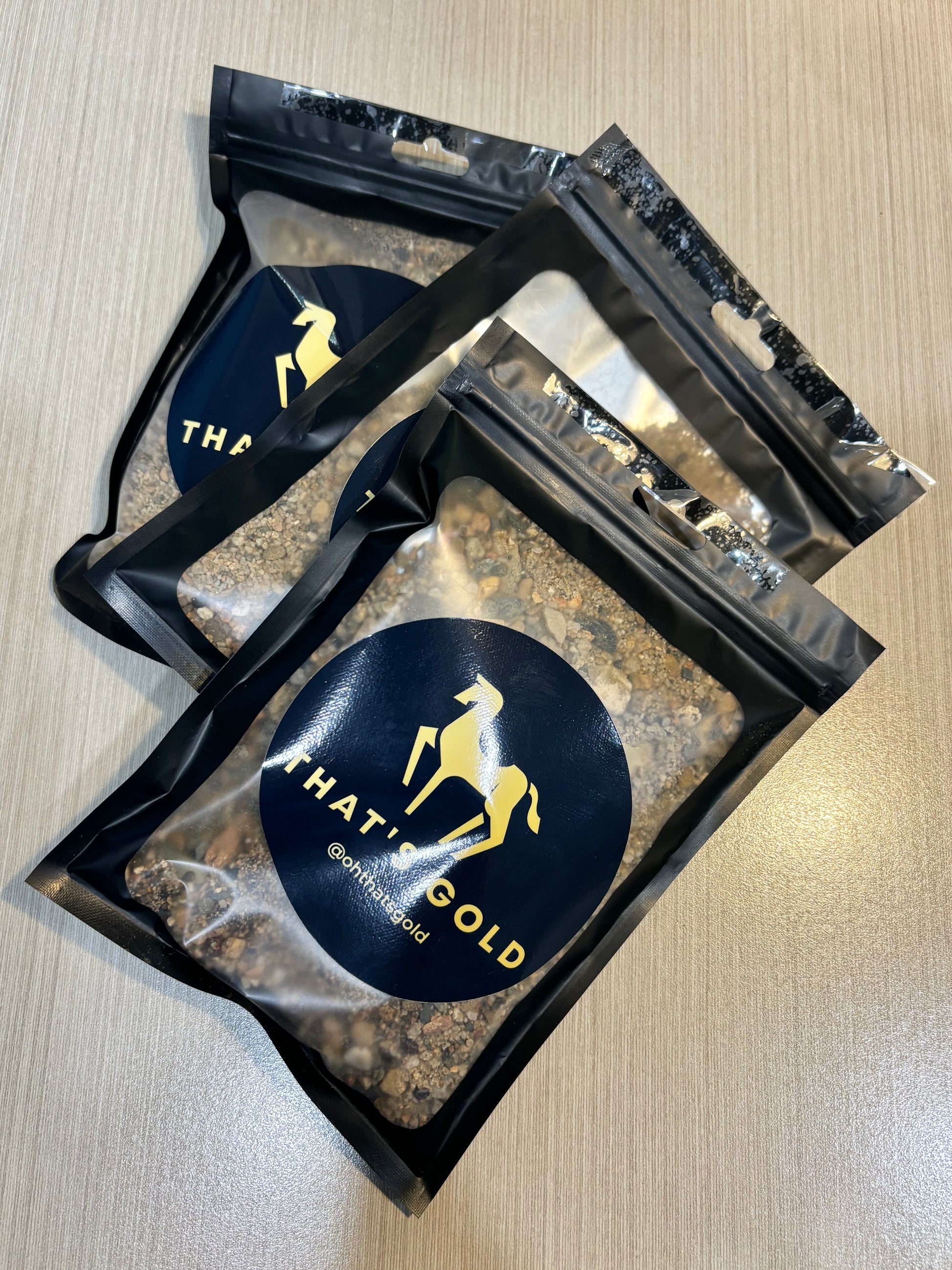Muslims often wonder about the permissibility of various foods, including popular snacks like jerky. Jerky is dried meat, typically beef, that's seasoned and preserved. Muslims can eat jerky if it's made from halal meat and processed according to Islamic dietary laws. This means the animal must be slaughtered in the Islamic way and the meat must not contain any forbidden ingredients.

The key factor in determining if jerky is halal is the source of the meat and how it was prepared. Many commercial jerky products may not meet halal standards due to the ingredients used or the slaughter methods. Muslims need to check for halal certification or make their own jerky using halal meat to ensure it complies with Islamic dietary guidelines.
It's important for Muslims to be aware of the ingredients in processed foods like jerky. Some jerky may contain alcohol-based flavorings or other non-halal additives. Reading labels carefully and choosing products from trusted halal-certified brands can help Muslims enjoy jerky while staying true to their religious dietary practices.
Key Takeaways
- Jerky can be halal if made from properly slaughtered animals and free from forbidden ingredients
- Muslims should check for halal certification or make homemade jerky to ensure compliance
- Careful label reading is essential to avoid non-halal additives in commercial jerky products
Understanding Halal in Islam
Halal is a key concept in Islamic dietary laws. It guides Muslim food choices and practices. The rules are based on religious teachings and have practical health implications.
The Concept of Halal and Haram
In Islam, food is classified as halal (allowed) or haram (forbidden). Halal foods are permissible for Muslims to eat. These include most fruits, vegetables, grains, and certain meats.
Haram foods are not allowed. Pork and alcohol are strictly forbidden. Animals not slaughtered according to Islamic law are also haram.
The Quran and Sunnah provide guidance on halal and haram foods. These rules aim to promote physical and spiritual well-being.
Islamic Law on Food Consumption
Islamic law, or Sharia, sets clear guidelines for food consumption. It emphasizes purity and compassion in food preparation.
The Quran states that Muslims should eat only good and pure foods. It forbids consuming blood, carrion, and animals not slaughtered in Allah's name.
Islamic law also covers how animals should be treated and slaughtered. The method must be quick and cause minimal suffering.
Fish and most sea creatures are generally considered halal. Insects, except locusts, are typically viewed as haram.
The Significance of Halal Certification
Halal certification ensures food meets Islamic standards. It's important for Muslim consumers in non-Muslim countries.
Certified products undergo strict checks. These include:
- Ingredient verification
- Production process inspection
- Regular audits
Halal certification helps Muslims make informed choices. It gives peace of mind about food compliance with Islamic law.
Many food companies now seek halal certification. This helps them cater to Muslim markets worldwide.
Certification bodies follow Shariah guidelines. They work to maintain high standards in halal food production.
Halal Dietary Laws and Animal Products

Islamic dietary laws set clear rules about which animal products Muslims can eat. These laws cover how animals are slaughtered, which animals are allowed, and how to tell if meat is halal.
Animal Slaughter in Islamic Tradition
Muslims must follow specific rules when slaughtering animals for food. This process is called dhabiha. The person doing the slaughter must say "Bismillah" (In the name of Allah) before cutting.
The cut must be quick and deep, across the throat. This method aims to drain the blood quickly. Muslims believe this is more humane and makes the meat cleaner.
Only trained adults can perform dhabiha. They must use a sharp knife to reduce the animal's pain. The animal should not see the knife or other animals being slaughtered.
Permissible Land Animals and Birds
Islam allows Muslims to eat many types of animals. These include:
- Cattle (cows, buffalo)
- Sheep and goats
- Chickens and other poultry
- Ducks and geese
- Deer and other game animals
These animals must be slaughtered according to Islamic law to be halal. Fish and most sea animals are always halal and don't need special slaughter.
Rabbits are also allowed, but some scholars disagree about this. Muslims should check with their local religious leaders if unsure.
Prohibited Animals in Islam
Islam forbids eating certain animals. These haram (forbidden) animals include:
- Pigs and all pork products
- Predatory animals with fangs (lions, tigers, wolves)
- Birds of prey (eagles, hawks)
- Reptiles and amphibians
- Insects (except locusts)
- Donkeys and horses (though some allow horses)
Animals that eat waste or carrion are also not allowed. This includes animals like hyenas and foxes.
Muslims must avoid all parts of these animals, including their meat, fat, and organs.
Distinguishing Halal Meat
Muslims need to be sure their meat is halal. Here are some ways to check:
- Look for halal certification labels on food products.
- Buy from trusted halal butchers or stores.
- Ask about the source and slaughter method.
- Avoid meat if unsure of its origin.
In non-Muslim countries, it's crucial to be extra careful. Some products might contain hidden pork or other haram ingredients.
When eating out, Muslims should ask about food preparation. Many restaurants now offer halal options to cater to Muslim customers.
Seafood and Aquatic Animals
Muslims have specific guidelines for consuming seafood and aquatic animals. These rules vary based on Islamic schools of thought and interpretations of religious texts.
General Rulings on Seafood and Fish
Most Islamic scholars agree that fish with scales are halal. This includes popular fish like cod, salmon, and tuna. The Quran states that "the game of the sea and its food" is lawful, which many interpret as allowing all seafood.
Some schools of thought have stricter rules. The Hanafi school, for example, only permits fish and prohibits other sea creatures. Other scholars allow a wider range of aquatic animals.
Islamic law requires that fish be fresh when caught. If a fish dies in water and floats to the surface, it's generally considered unsuitable for consumption.
Specific Aquatic Creatures and Their Permissibility
Crustaceans like shrimp, lobster, and crab are halal according to most scholars. However, the Hanafi school considers them impermissible.
Squid and octopus are allowed by many scholars but forbidden by others. Eels are generally not considered halal due to their snake-like appearance.
Aquatic mammals like whales and dolphins are typically not permitted. These animals breathe air and are not classified as fish.
Some scholars permit eating locusts, citing a hadith that allows it. However, this is not universally accepted.
For certainty, Muslims can look for halal certification on seafood products. This ensures the food meets Islamic dietary laws.
Additional Considerations in Halal Consumption
Muslims must be mindful of several factors when determining if a food is halal. This goes beyond just the type of meat and includes other ingredients and preparation methods.
The Impact of Alcohol and Intoxicants on Halal Status
Alcohol and other intoxicants, known as khamr in Islamic law, are strictly forbidden for Muslims. This prohibition extends to foods containing these substances. Even small amounts of alcohol used in cooking or as a preservative can make a food haram.
Many Muslims avoid foods with vanilla extract due to its alcohol content. Mouthwash and some medications may also contain alcohol. Muslims should check ingredient lists carefully.
Non-alcoholic intoxicants like marijuana are also prohibited. Foods or drinks that alter the mind are not considered halal.
The Makruh Category and Its Relevance
Makruh refers to actions that are disliked but not strictly forbidden in Islam. With food, makruh items are technically halal but discouraged.
Examples of makruh foods may include:
- Garlic or onions before prayer
- Excessively spicy foods
- Overindulging in any food
Muslims are advised to avoid makruh foods when possible, but consuming them is not considered sinful.
Dealing with Mushbooh and Doubtful Foods
Mushbooh means "doubtful" in Arabic. In terms of food, it refers to items whose halal status is unclear.
Muslims are encouraged to avoid mushbooh foods out of caution. This may include:
- Meat from unknown sources
- Foods with ambiguous ingredients
- Items prepared in facilities that also handle pork
When in doubt, many Muslims choose to abstain. Some scholars advise seeking clarification from manufacturers about ingredients and preparation methods.
Emulsifiers and other additives can sometimes fall into this category. Muslims may need to research specific E-numbers to determine their origin and halal status.
Comparative Analysis of Halal and Kosher Practices

Halal and kosher dietary laws share some similarities but also have key differences. Both sets of rules govern food choices for Muslims and Jews respectively, with specific guidelines on permitted and prohibited foods.
Similarities Between Halal and Kosher Dietary Laws
Halal and kosher practices both prohibit the consumption of pork and its byproducts. They also require proper animal slaughter methods to ensure the meat is fit for consumption.
Both sets of laws forbid the consumption of blood and carrion. This means animals that die naturally or are killed by other animals are not allowed.
Halal and kosher laws both emphasize cleanliness and purity in food preparation. They require separate utensils and preparation areas for meat and dairy products.
Key Differences That Distinguish Halal from Kosher
While kosher laws prohibit mixing meat and dairy, halal does not have this restriction. Muslims can consume milk products alongside meat dishes.
Kosher dietary laws forbid certain seafood, allowing only fish with fins and scales. Halal permits all seafood.
Alcohol is strictly forbidden in Islamic law, while some forms of alcohol are permissible in Judaism.
The method of animal slaughter differs slightly. Kosher requires a specially trained Jewish slaughterer, while halal allows any adult Muslim to perform the slaughter.
Kosher certification is typically more complex and stringent than halal certification. This can result in differences in food products available to each community.
Halal Diet and Global Practices

Halal dietary practices vary across Islamic schools of thought and regions. The global halal market has grown to meet diverse Muslim consumer needs worldwide.
Halal Practices in Different Islamic Schools of Thought
Islamic dietary laws form the basis of halal practices. The main Sunni schools - Hanafi, Maliki, Shafi'i, and Hanbali - agree on core halal principles but differ on some details.
Hanafi scholars tend to be more lenient on certain issues. For example, they allow consuming some sea creatures that other schools prohibit.
Maliki jurists take a stricter stance on hunting methods. They require the hunter to recite God's name before releasing a hunting animal.
All schools agree that properly slaughtered livestock is halal. This involves a swift cut to the throat while invoking God's name.
Sharia law guides these practices. It aims to ensure animals are treated humanely and food is prepared in a clean, ethical manner.
Global Halal Market and Consumer Preferences
The global halal market has expanded rapidly in recent years. It now includes food, cosmetics, pharmaceuticals, and other products.
Muslim consumers seek halal-certified items to align with their religious beliefs. This demand has led to the growth of halal certification bodies worldwide.
In non-Muslim countries, halal products are becoming more widely available. Many supermarkets now stock halal meat and other food items.
Some Muslim consumers prefer stricter interpretations of halal. Others accept more lenient views. This diversity reflects the range of Islamic schools and cultural practices.
The halal market also attracts non-Muslim consumers. Some view halal products as cleaner or more ethically produced.



